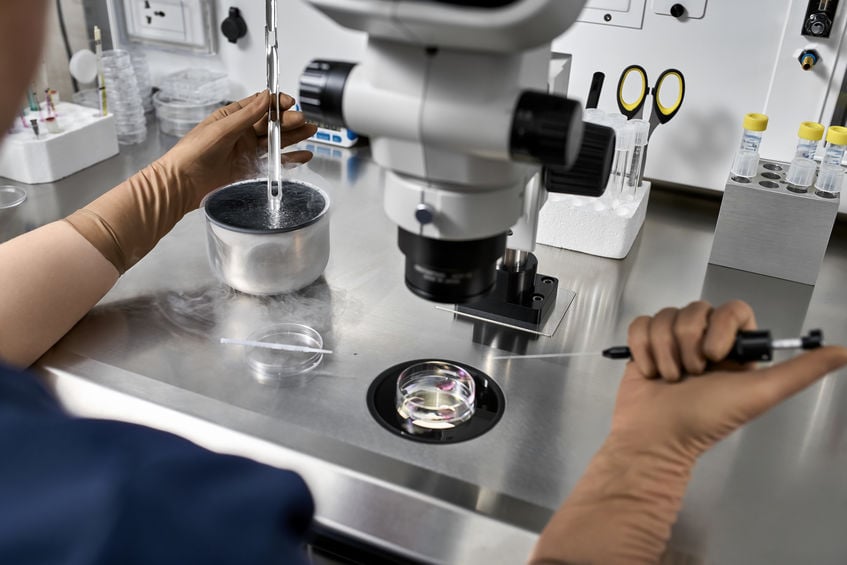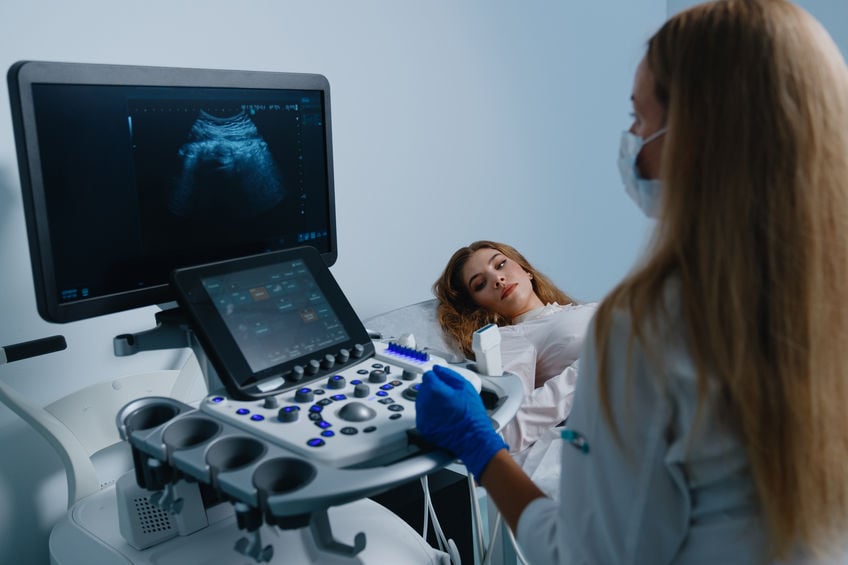Not My Eggs, Donor Eggs
The probability of getting pregnant decreases as a woman gets older, especially after the age of 35. When the egg quality and quantity decrease, there are chances of miscarriages and diminished ovarian reserve. A donor egg is fertilized with semen and transferred to the woman’s uterus via in vitro fertilization (IVF). When a woman’s eggs are ineffective, donor eggs may help a woman conceive successfully via IVF.

Do I qualify for this procedure?
When a woman reaches an advanced age and eggs do not successfully lead to pregnancy, donor eggs may be considered. There are other indications such as reduced ovarian reserve, premature ovarian failure, and a failed history of IVF. Some other indications include the probability of passing a genetic defect, imbalanced hormone, and hypothalamic hypogonadism.
Egg donor options
The healthcare provider will discuss the possible choices for finding an egg donor. Some egg donor sources include a family member or relative, friend, egg bank, or egg donor agency. Usually, donors in the 20s and early 30s are considered to be a better choice to achieve a successful pregnancy. Once the donor has been chosen, the doctor will perform a medical history and background check to assess if the donor is a good candidate.
A brief on the process
The donor will be given hormone treatment to stimulate the ovaries and will be monitored through blood tests and ultrasound. The woman receiving donor eggs will also receive hormone treatments. These hormone treatments will ensure that both the donor and recipient cycles are coinciding. When ready, the eggs are retrieved and fertilized with semen in a lab and later transferred to the woman's uterus.
The after-effect of donor egg pregnancy
With every medical procedure, there are associated risks and complications. Women who become pregnant with the help of donor eggs may have health risks. Some health risks include chances of multiple births, congenital disabilities, and a few cases of ovarian hyperstimulation syndrome. Some may experience shortness of breath and gastrointestinal symptoms such as abdominal pain, nausea, and vomiting.
The response rate
The outcome of donor egg pregnancy depends on many factors. Some factors include the woman's health, the age of donor eggs, and semen. Some women experience healthy and successful pregnancies, while others experience a miscarriage. Talking to a fertility specialist about the procedure and asking about any doubts is advisable.





